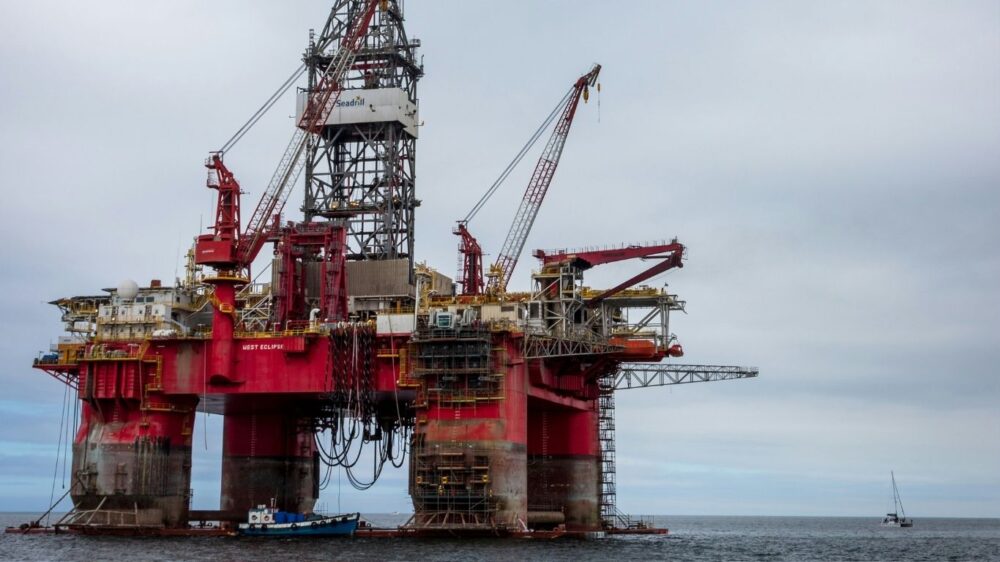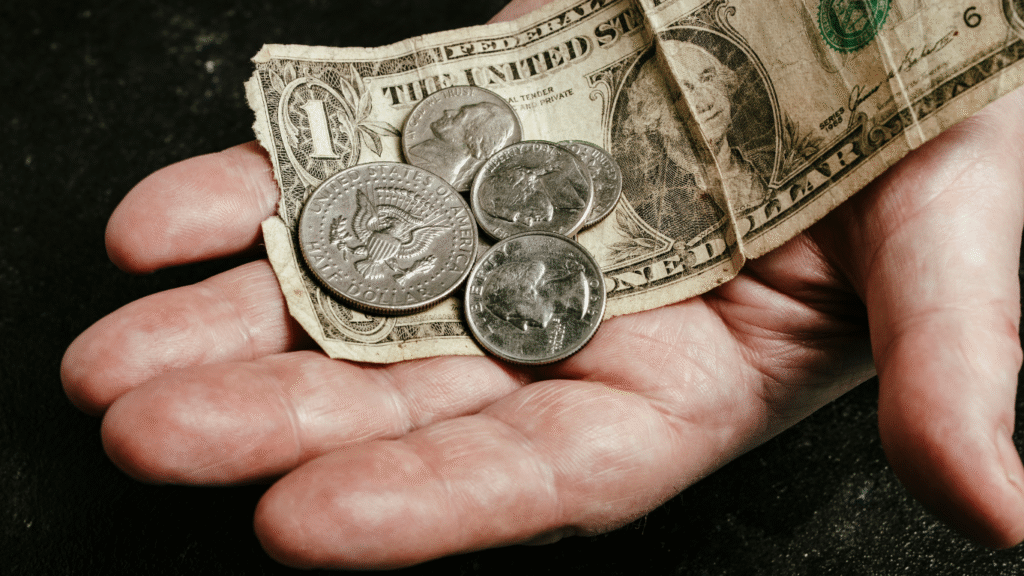You have probably heard of the resource curse, a phenomenon where countries rich in resources fail to effectively manage their wealth, thereby hindering their pursuit of economic prosperity. Guyana is positioning itself to be an exemplar of how a nation manages its oil boom.
As seen, Guyana has been experiencing a gusher of petrodollars since the discovery of the nation’s oil boom in 2015. The biggest hurdle is building an economy that lasts longer than its barrels. Some other countries blessed with oil have not made good use of it. To rewrite history, Guyana ought to learn from the mistakes neighboring nations such as Trinidad & Tobago and Venezuela.
The resource curse
Venezuela, funded by oil, has become a corrupt socialist government that has left its citizens in poverty. The Chávez government sought after more revenue when oil profits began to soar from the international oil companies that it had brought in to help develop its reserves. This was all fueled by the government ambitions to invest more in social programs. While it is a praiseworthy act, this required more funding. Chávez growing overly ambitious in this pursuit, fired employees from their state oil company and reduced the assistance of international companies to secure a larger piece of the pie.
However, the government ceased to invest in the continuous development of oil, and what happens when you kill the goose to get the eggs? There are no more funds to continue running the social programs.
Similarly, Trinidad and Tobago’s failure to fully capitalize on its oil boom stems from an overreliance on oil and gas, compounded by institutional and environmental mismanagement. The economy performed well when energy prices were high, but during downturns, the impact was severe, leading to budget deficits, impacting key areas of the economy. This volatility has threatened long-term stability and sustainability. Trinidad and Tobago’s oil production has now dwindled as the country failed to prepare for the end of easy oil mining. The country remained locked into a high-spending, energy-heavy model, and now, with no major new fields, the economy is vulnerable.
A lack of organized and stable institutions along with no long term strategic planning has been the demise of these two nations.
A resource blessing
Successfully navigating an oil boom is not an impossible feat. Research shows that oil can promote growth in a nation with robust institutions. It has been done by countries such as Norway and the United Arab Emirates (UAE). The common denominator between these two successful nations is well-organized and stable institutions.
Norway successfully balanced conflicting demands for oil profits with long-term goals and stabilizing objectives. They remained highly transparent with its citizens to prevent corruption, invested overseas to stabilize its exchange rate, and successfully diversified its economy. To protect itself from oil price fluctuations and avoid rent-seeking behavior, the country pursued responsible, long-term planning, transforming from one of the poorest nations to one of the most prosperous.
The UAE used its oil boom to drive national transformation. Under innovative leadership, it created sovereign wealth funds like ADIA to invest globally, built world-class cities such as Dubai and Abu Dhabi, and made major investments in real estate, logistics, tourism, and clean energy. By establishing free zones and attracting foreign expertise and capital, the United Arab Emirates evolved into a diversified economy with bold post-oil ambitions. Today, oil is only part of the story.
The common denominator between these two successful nations is well-organized and stable institutions accompanied by visionary planning.
The Boom: Oil and Growth GDP
Again, we ask the question, can Guyana model nations such as Norway and the UAE and outgrow its oil boom?
In 2008, ExxonMobil began exploring for oil and gas in Guyana. Eleven billion barrels of oil were discovered in 2015. The Liza-1 well was the first significant finding. ExonMobil now operates 17 wells total, six water injection wells, three gas reinjection wells, and eight oil producing wells across four drill centres. In 2019, GuyOil recorded $2.587 billion in net profit after tax at 63.1% more than double what was recorded in 2018.
Guyana has become the world’s fastest-growing economy, with Real GDP surging by 47% annually since 2022. In 2024 alone, oil output jumped nearly 58%, while non-oil sectors also showed muscle, growing by over 13% a sign that the boom is beginning to spread beyond the rigs. As reported by the IMF, Improvements in infrastructure, productivity, and resilience, along with positive spillovers from the oil industry, are anticipated to raise real non-oil GDP growth to an average of 6¾ percent over the medium term, which is around 3 percentage points higher than the average for the pre-oil decade. Guyana is getting some things right.
The diversification dilemma
The government has been talking big about diversification. President of Guyana Irfaan Ali, has heavily invested in agro-processing, sustainable agriculture, and cutting-edge agricultural techniques like hydroponics. Guyana is seemingly taking the correct measures to outgrow its oil boom.
Guyana also needs to beat the challenge of corruption that most developing nations face. African and Indian ethnic groups make up the two major ethnic groupings of Guyana, and the relationship is antagonistic. The economist reports that successive administrations have favored their own under the Afro-Guyanese People’s National Congress Reform and the Indo-Guyanese People’s Progressive Party. Furthermore, analysts are concerned about the sovereign wealth fund’s lack of transparency.
Guyana currently has three key advantages: time, capital, and a growing pipeline of strategic ideas. With the right decisions, it has the potential to become one of the most influential and future-ready nations in the region. But history shows that oil wealth is often fleeting unless it is deliberately transformed into something more sustainable and enduring.



